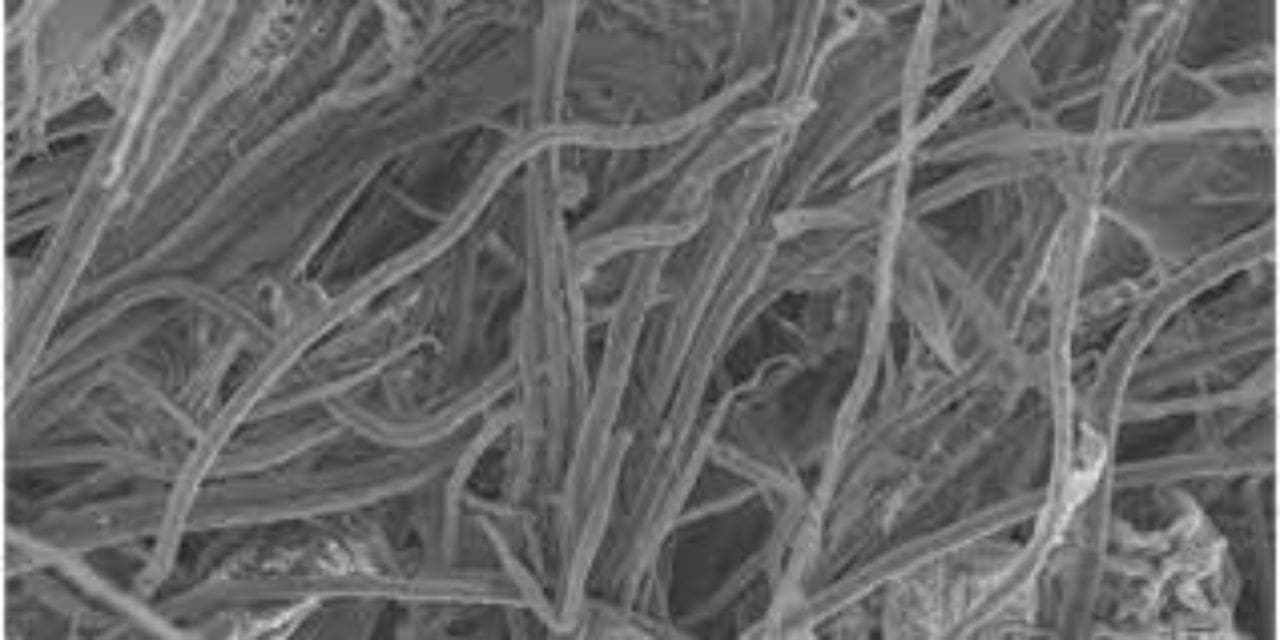Extracting Cellulose-Based Fibers
Research into the extraction and exploration of cellulose-based polymers has rapidly become a key area of focus in materials science and the textile industry in recent years. Traditionally, wood has been considered to be the main source of this important material due to its natural abundance. Bleached kraft wood pulp has been one of the most exploited forms in many industries.
However, despite the inherent sustainability of cellulose-based polymer fibers, in the past decade attention has turned to the exploitation of waste materials, especially from the agricultural and textiles industries. Recovering cellulosic materials from these valuable waste streams has the benefits of cost-effectiveness and waste reduction, bringing the production of many commercially useful materials in line with the circular economy concept.
Waste is a key concern in modern industry due to environmental contamination and the depletion of natural resources. Many agricultural and textile wastes are commonly disposed of via landfilling or incinerated to produce biomass and energy. Whilst recovering energy and biomass from waste materials has the potential to improve sustainability, valuable resources which could be used to manufacture other products are lost in the process.
As the demand for cotton-based materials and products has grown, so has pre-consumer and post-consumer waste. With these products exists a significant potential for resource recovery, as finished cotton products contain up to 99% cellulose content, with many impurities already removed during the manufacturing process.

